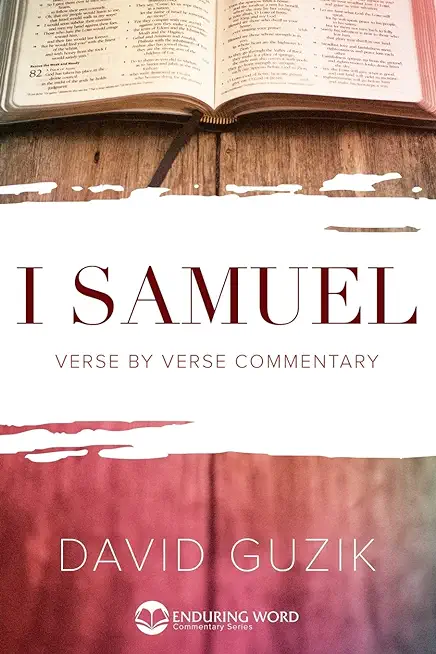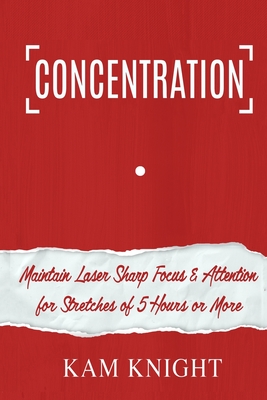
In Clearing the Mask, Gay Parks Rainville assembles a collage of lyric snapshots, each one poignantly rendered and vividly imagined. The discerning poet-speaker reflects on both personal history and the state of the world, and through her steady, unflinching gaze, demonstrates that the only way to live a life-with all its joys and heartbreaks, its fortunes and losses-is "not past but through."
-Christine Kitano, author of Sky Country and Birds of Paradise
This lovely collection of poems concerns itself with our fundamental realities-life, love, and death. Our hold on the first two is always tenuous; only the last is certain. And yet these poems also realize how our experience of these realities is blunted and coarsened by the lull of materialism, our American dream that all of life ought to be one smooth ride. Everywhere the poems in this collection note painful exceptions to such a myth. Our relative comfort, in other words, comes with a cost, perhaps a cost so great and myriad that the comfort is in the end unreal. This is a book riddled with implied questions the poems glide over, acknowledging our preference for a sense of innocence that isn't quite right. The glimpse of uncertainty here is certain and satisfying.
-Maurice Manning, author of Railsplitter, Gone and the Going Away, The Common Man, Bucolics, A Companion for Owls: Being the Commonplace Book of D. Boone, Long Hunter, Back Woodsman, & c., and Lawrence Booth's Book of Visions
In the beautiful poem "Cohabitation," it's the working-class neighbor's dog that sets off the outdoor alarm system, whereas the fox in the woods seems a companion, a protector. This collection explores issues of ecology, nature and culture, isolation and community, with an authority grounded in the author's childhood in the "Cancer Valley" of West Virginia. It's full of what Virgil called "the tears of things" the village drowned under the lake created by a dam; the immensely talented college roommate Googled years later, only to find she has been sentenced to nine years in prison for fraud; the woman with dementia who finds her husband a "Perfect Stranger." This is a haunting, as well as a beautiful, book.
-Alan Williamson, author of Franciscan Notes, The Pattern More Complicated: New and Selected Poems, Res Publica, and Love and the Soul







